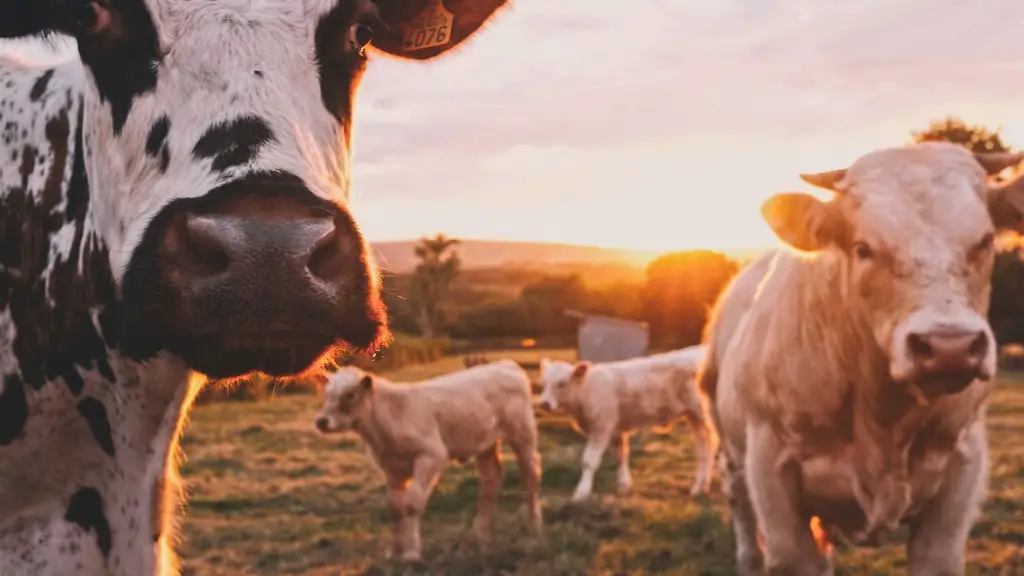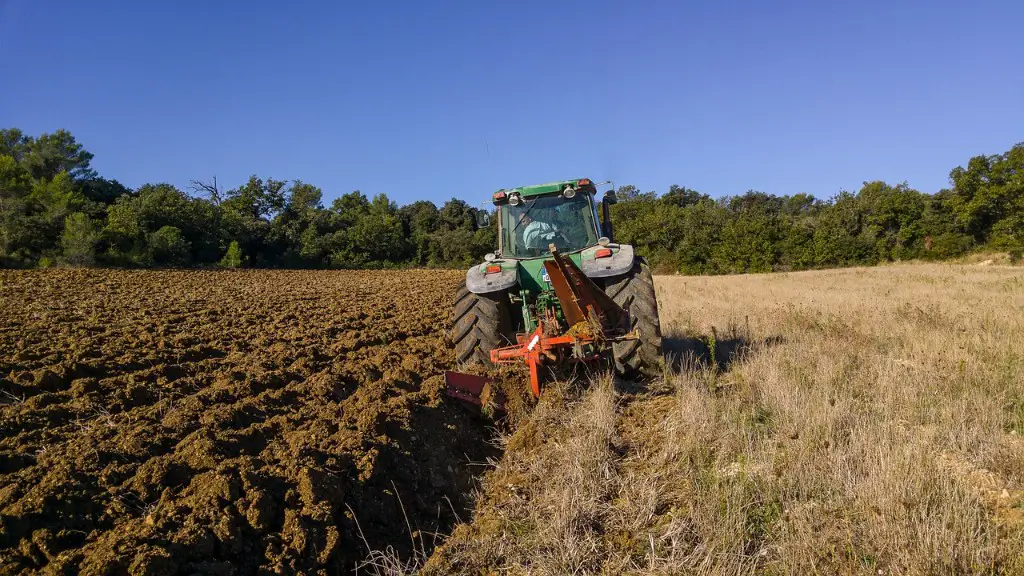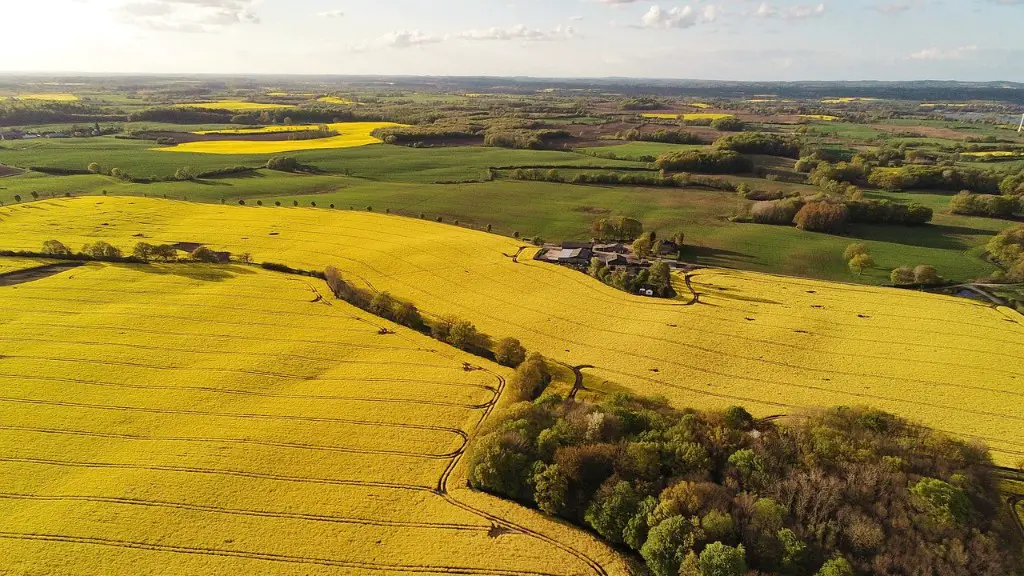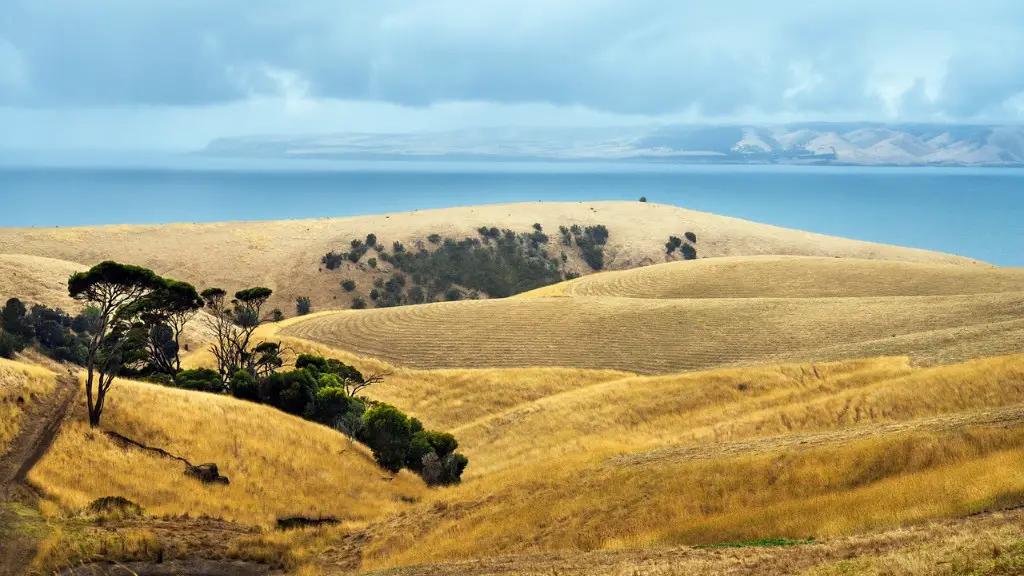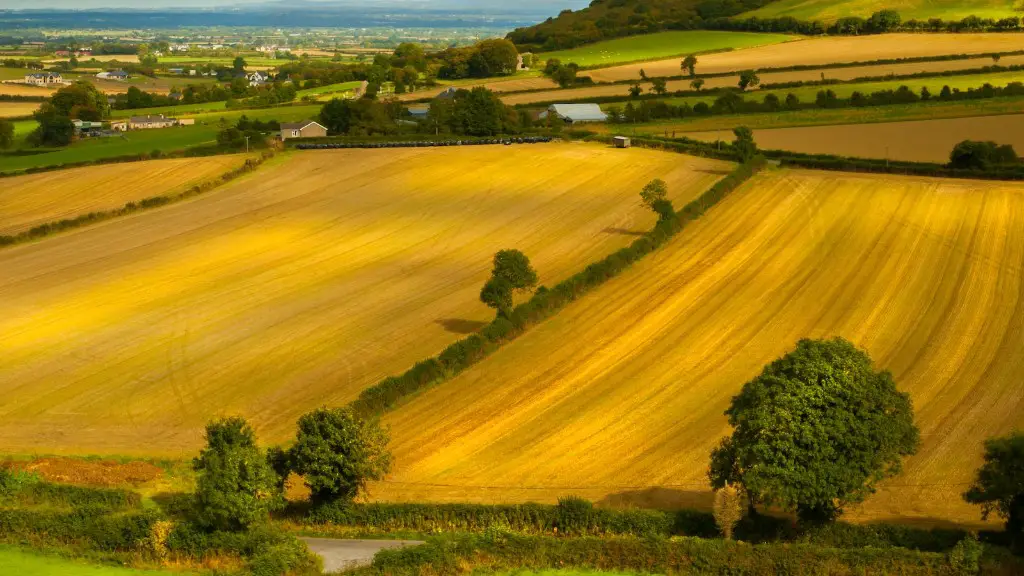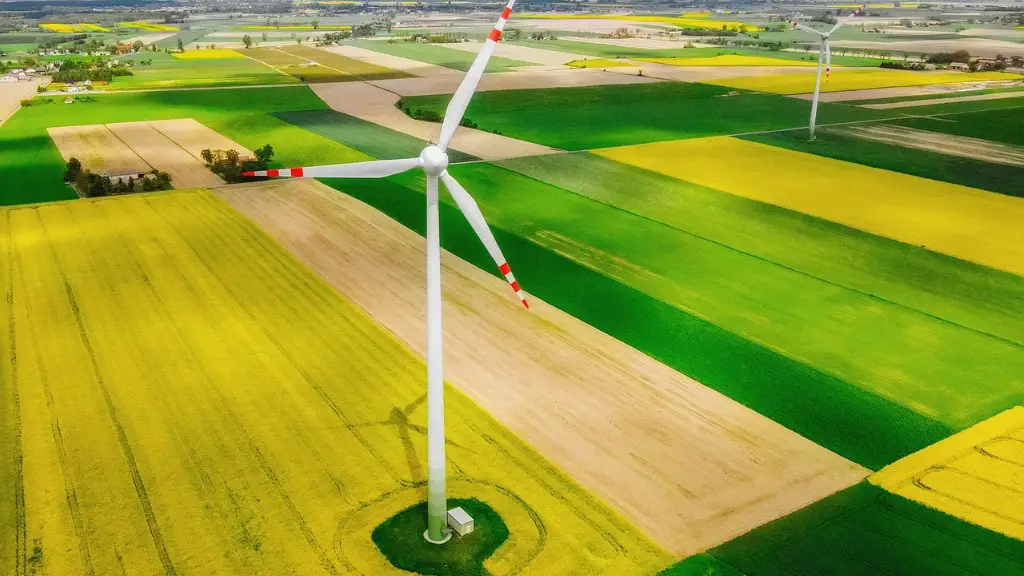Agriculture is critical to human survival. It is the process by which we grow the food we eat and the fiber we use to make clothing. Agriculture is responsible for the vast majority of the world’s food supply. Without it, billions of people would starve to death. Agriculture is also a major source of income for many people. In developing countries, agriculture is often the only source of income for families. In developed countries, agriculture is a major industry, employing millions of people.
While the importance of agriculture varies from culture to culture, it is generally considered to be a very important part of human society. Agriculture provides food for people to eat, fibre for clothes, and fuel for many industries. It also helps to maintain the environment by providing a home for wildlife and by helping to prevent soil erosion.
What is importance of agriculture?
The World Bank Group is committed to helping reduce poverty and improve food security for the world’s poorest people. Agriculture is a key sector for achieving this goal, as it can help raise incomes and improve food security for the 80% of the world’s poor who live in rural areas and work mainly in farming.
The World Bank Group is a leading financier of agriculture, providing loans, grants, technical assistance and policy advice to governments and businesses worldwide. We are working to help countries increase agricultural productivity, develop rural infrastructure and markets, and strengthen institutions and policies to support smallholder farmers.
We are also working to help countries build resilience to shocks and build a more sustainable and climate-smart agriculture sector. Agriculture is a major contributor to climate change, accounting for about 24% of global greenhouse gas emissions. We are therefore working to help countries adopt more sustainable and climate-smart agricultural practices.
The World Bank Group’s agricultural investments totaled US$8.5 billion in fiscal year 2019. We are committed to doing even more to support the agriculture sector, and we will continue to work with our partners to help reduce poverty and improve food security for the world’s poorest people.
Agriculture’s share of the overall US economy has been declining in recent years. In 2021, agriculture, food, and related industries contributed roughly $1264 trillion to US gross domestic product (GDP), a 54-percent share. This is down from the 58-percent share agriculture held in 1997. The output of America’s farms contributed $1647 billion of this sum—about 07 percent of US GDP. This too is down from the 10-percent share of GDP that agriculture represented in 1997. The decline in agriculture’s share of both the economy and GDP is largely due to the sector’s declining productivity.
Why was agriculture considered the most important
Modern civilization as we know it would not be possible without agriculture. Agriculture allowed for the domestication of plants and animals, which in turn led to the growth of cities and civilizations. Today, agriculture is still a vital part of the global economy, providing food for billions of people around the world.
Agriculture has been a key factor in human development and civilization. Farming allowed people to grow all the food they needed in one place, with a much smaller group of people. This led to massive population growth, creating cities and trade. Agriculture has been a key factor in human development and civilization.
What are 3 benefits of agriculture?
Agriculture is the backbone of human survival. Without it, we would not have the food, shelter, or clothing that we need to survive. Raw materials for all of these things come from agriculture, and without it, we would be lost.
Agriculture impacts society in many ways. It supports livelihoods through food, habitat, and jobs. It provides raw materials for food and other products. It builds strong economies through trade.
What would happen if there were no farmers?
social media has taken over the world and everyone is trying to be famous but no one knows the importance of farmers and how they play a vital role in our lives. If there are no farmers, the health ratio of people will decrease, and the chances of getting sick will increase. It affects the economy of every country. In this modern world, food is available by the grace of farmers. Farmers are always an essential part of our society and economy.
Agriculture is a critical sector of the economy, and plays a major role in economic growth and development. As the sector that provides food for people, it is a cornerstone of human existence. Additionally, as a provider of industrial raw materials, agriculture is an important contributor to economic activity in other sectors of the economy.
Why agriculture is the backbone of our economy
Agriculture is one of the most important aspects of any economy. It is the backbone of the economy and forms the basis for food and nutrition security. It also provides raw materials for industrialization. Agricultural sector plays a vital role in the economic development of a country.
More abundant food supplies could support denser populations, and farming tied people to their land. Small settlements grew into towns, and towns grew into cities. Agriculture produced enough food that people became free to pursue interests other than worrying about what they were going to eat that day. This led to the development of civilizations and the rise of cities.
Can humans live without agricultural?
It is estimated that by 2050, the world population will reach 9.7 billion.
In order to feed this growing population, we will need to produce more food than we ever have before.
However, we also need to do so in a way that is sustainable and will not damage the environment.
Sustainable agriculture is one way to produce food in a more environmentally friendly way.
Sustainable agriculture is an approach to crop and livestock production that seeks to protect the environment, while also providing economic and social benefits for farmers and rural communities.
Climate-smart agriculture is another approach that can help farmers adapt to a changing climate and minimize the impact of agriculture on the environment.
Climate-smart agriculture includes a range of practices that can help farmers to reduce their greenhouse gas emissions, while also increasing their resilience to the effects of climate change.
Modern genetics and improved farming methods can also help to improve the efficiency of agriculture, while also reducing the environmental impact of farming.
All of these approaches are necessary to ensure global food security.
While the negative impacts of agriculture on the environment are significant, there are also many positive impacts that Agriculture can have on the environment. For instance, agriculture can help to trap greenhouse gases within crops and soils, or reduce the risk of floods through the implementation of certain farming practices. In addition, agriculture can also help to improve air quality by reducing the amount of dust and other particulates in the air.
How does agriculture impact environment
The five environmental effects of agriculture are soil fertility loss, eutrophication of water bodies, deforestation, climate change and pesticide pollution. All of these effects have a negative impact on the environment and can lead to further problems if not addressed.
The poorest people in society stand to benefit the most from agricultural growth. This is because agricultural growth increases the chances of getting a job, and may also lead to higher wages. This, in turn, leads to increased income from selling labor. Therefore, agricultural growth is essential for the poorest people in society to improve their standard of living.
What is life without agriculture?
This is an interesting question that does not have a definitive answer. The best estimate is something between 2 million and 20 million people without agriculture. This is because we would be restricted to a semi-nomadic lifestyle without domesticated livestock. This would mean that there would be more elephants and lions in the world.
There are pros and cons to agriculture. On the one hand, agriculture provides humans with a lot of food. On the other hand, there can be conflicts over access to the food supply. Additionally, weather conditions can damage crops. However, agriculture also allowed for the specialization of humans. This led to the development of artists, leaders, and scribes. Additionally, the domestication of wheat, corn, and rice occurred. This ultimately led to the creation of civilizations.
Warp Up
In many parts of the world, agriculture is the primary source of livelihood. It is estimated that 70% of the world’s poor live in rural areas and are highly dependent on agriculture for their income. In sub-Saharan Africa, agriculture accounts for 60% of employment and 50% of GDP. The sector is also a major source of export earnings, with agricultural exports accounting for 30% of total exports in developing countries. Given its importance to livelihoods and economies, it is clear that agriculture is very important.
Agriculture is overall Pretty important. It is the process of producing food, fiber, and other desired products by the cultivated plants and animals. The main types of agriculture are livestock, dairy, fisheries, forestry, and arable farming. The United Nations’ Food and Agriculture Organization (FAO) estimates that the world population will grow by 1 billion people every 12 years, and that food production will have to double by 2050 to keep up with demand. That’s a big challenge, and it’s one that we need to take seriously if we want to avoid widespread hunger and malnutrition.
